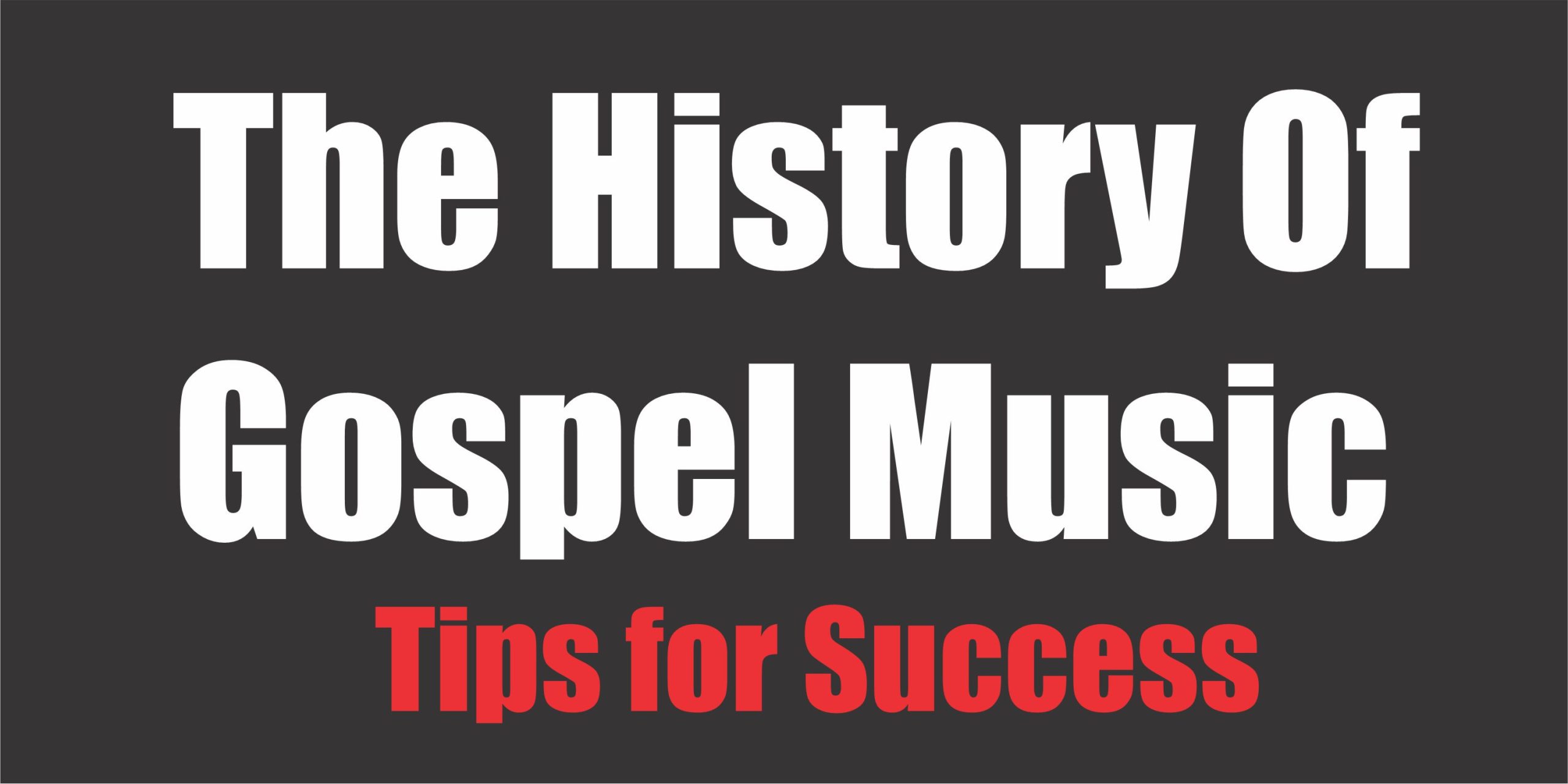
The History Of Gospel Music: All you need to know
Introduction:
Gospel music has long been an important subgenre of the music business. The genre, which has a long history and is African American in origin, has a significant impact on how American music sounds today. We shall explore the development of gospel music in this article, from its beginnings to the present.
Origins of Gospel Music:
Early in the 17th century, when Africans were transported to America as slaves, gospel music’s origins may be found. African rhythms and spirituals were among the musical traditions they carried with them. These worship songs, known as spirituals, served as the forerunners of gospel music.
Religious revival meetings and Christian evangelism both saw a boom during the Great Awakening of the late 18th and early 19th centuries. Around this time, Christian themes and lyrics were added to the spirituals, transforming them into gospel music.
Early Gospel Music:
Most African American churches sang gospel music in the late 19th and early 20th centuries. Jubilee Quartets and Gospel Blues were two new subgenres that were emerging as the genre continued to develop.
Thomas A. Dorsey, a talented musician, and composer produced the first Gospel song to be captured on tape. “If You See My Savior,” the first gospel song written by Dorsey, who was frequently referred to as “the father of Gospel music,” was released in 1932. His instrumental and songwriting skills helped establish gospel music as a unique genre.
The Golden Age of Gospel Music:
The heyday of gospel music was from the 1940s through the 1960s. With the rise of Gospel quartets and radio shows, the genre had grown in popularity outside of the church. The radio programs significantly contributed to the spread of gospel music to a larger audience.
Some of the most well-known Gospel performers, including Mahalia Jackson, Clara Ward, and the Staple Singers, rose to prominence during this time. These performers appeared not just in churches but also in public spaces open to the general public, such as New York’s Apollo Theater.
The 1950s and 1960s Civil Rights Movement had a significant influence on gospel music. Songs like “We Shall Overcome” served as anthems for the cause as the genre developed into a forum for social commentary and political activity.
Modern Gospel Music:
Gospel music witnessed substantial modifications in the 1970s and 1980s. R&B and soul started to be incorporated into the genre, spawning the contemporary gospel subgenre. Gospel music adopted more current-sounding production methods and modern instruments.
Gospel megastars like Kirk Franklin, Yolanda Adams, and Fred Hammond came to prominence in the 1990s. These performers not only found success in the mainstream but also contributed to the exposure of Gospel music to a younger audience.
Gospel music is still developing today as performers push the genre’s bounds and include elements of hip-hop, rock, and pop. Gospel music is still firmly entrenched in its Christian themes and message of hope and salvation despite the changes.
Conclusion:
Gospel music has a long and varied history that spans decades and includes a variety of sub-genres and styles. Gospel music has significantly influenced American music, both in terms of its African American roots and modern-day development.
As we look to the future, Gospel music is poised to continue evolving, with new artists and new sounds emerging. However, no matter how much Gospel music changes, its core message of faith, hope, and redemption will always remain at its heart.
Wait, Before You GO!!!
Click to Download other Latest gospel songs

